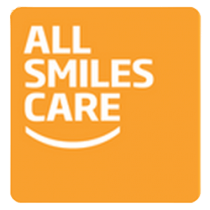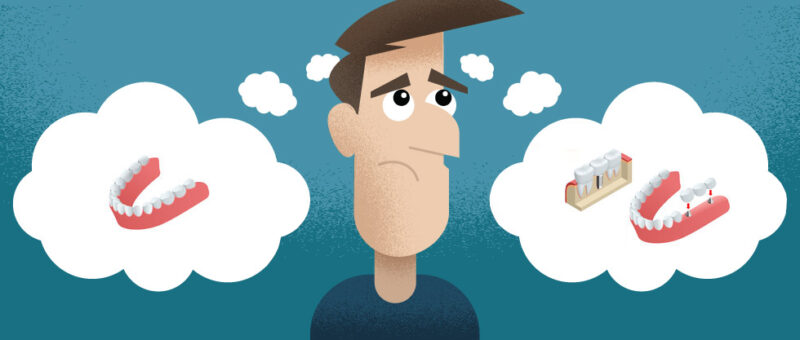A new study came out recently that linked some serious tooth enamel damage with the chemical Bisphenol A (more commonly known as BPA). This is a recent study, and follow-up studies will likely be conducted, but the findings are worth noting when making decisions about what types of products to purchase for your babies and young children.
BPA is a chemical used to manufacture food containers, baby bottles, inside food tins and cans, and as a developer on sales receipts. Studies have linked regular exposure to BPA with reproductive, development, and metabolism issues in lab rats, and are fairly confident these effects are also evident in humans. This newest study shows the strong possibility that early, frequent exposure to BPA (through baby bottles, pacifiers, teething toys) can also lead to a tooth enamel problem known as MIH (Molar Incisor Hypermineralisation) . In non-technical terms, MIH is an early problem with the enamel of teeth that results in an increased risk of cavities and teeth that are hypersensitive.
So what does this mean for your children’s teeth? If you haven’t already been paying attention to the labels on children’s products such as toys, bottles, sippy cups, pacifiers, and teething toys, it pays to check for a “BPA free” label. The chemical has been outlawed for use in bottles in many countries, and the health concerns linked with it are not limited to tooth damage.

